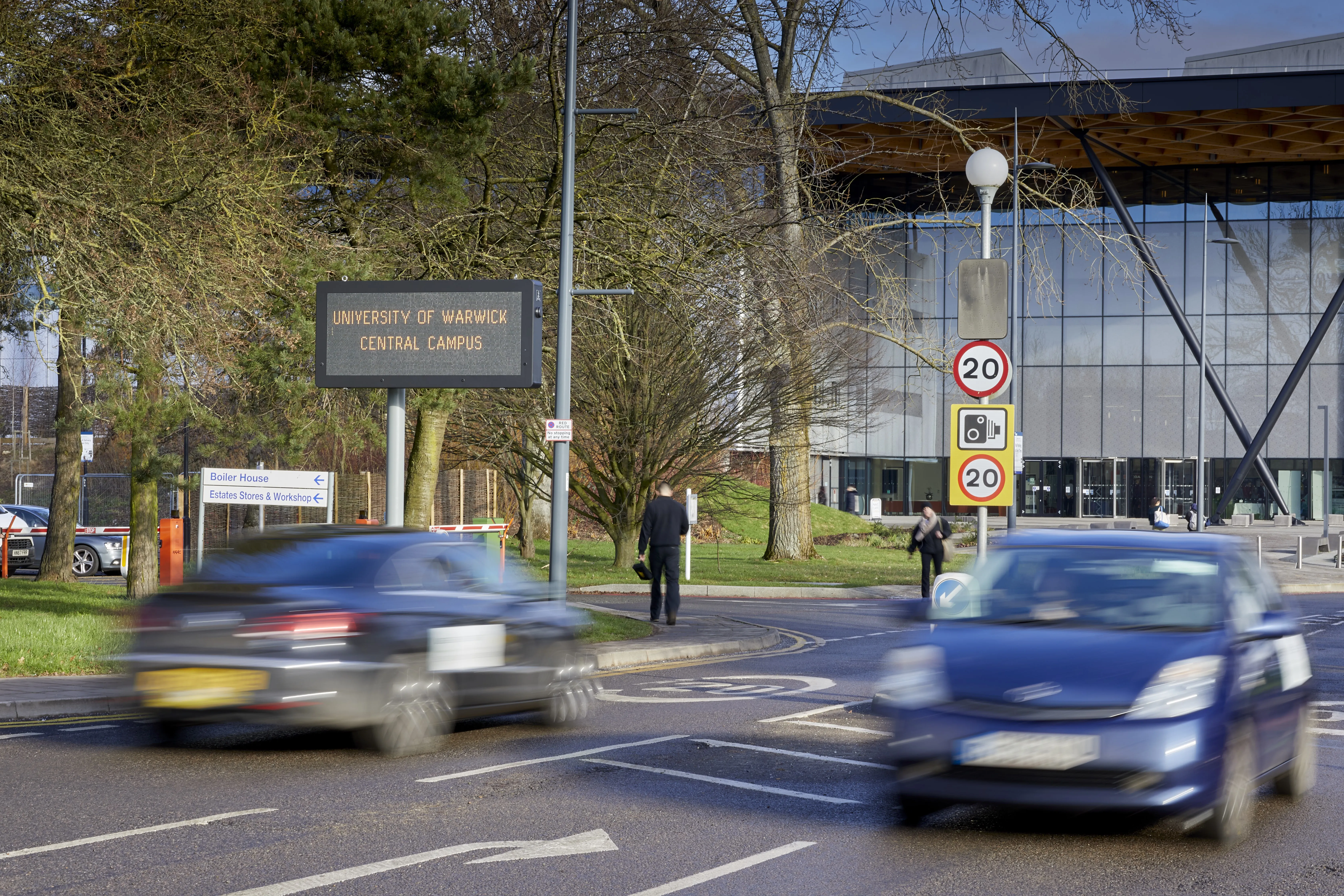Nedap and local partner Cross have teamed up to monitor on-street parking in the Turkish city of Izmir. As part of a city wide implementation of traffic management, 2,000 parking spaces have been equipped with Nedap’s wireless parking sensor system Sensit, integrated with the Cross InVipo traffic management platform.
The system monitors vehicle occupancy of individual parking spaces and provides motorists with real-time information on available spaces via a wide network of variable message signs. In add
February 14, 2017
Read time: 2 mins
The system monitors vehicle occupancy of individual parking spaces and provides motorists with real-time information on available spaces via a wide network of variable message signs. In addition all paid, time restricted and disabled parking zones can be monitored.
Sensit is installed in each parking bay and also enables the city parking operator to detect vehicles abusing parking spaces or parking longer than permitted, time restricted parking and disabled parking. Understanding the usage and demand of parking spaces enables the city to roll out smarter customised parking programs in different areas in order to reduce traffic congestion and to increase the utilisation of existing parking spaces.










